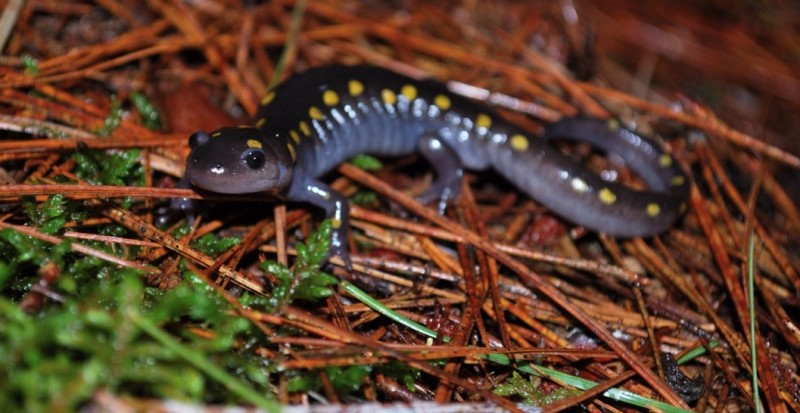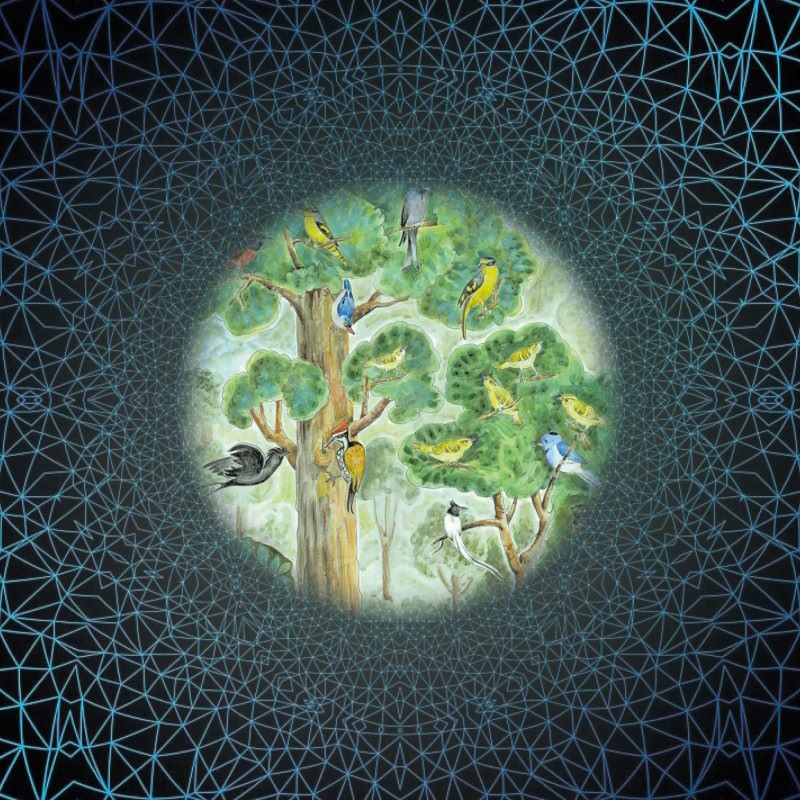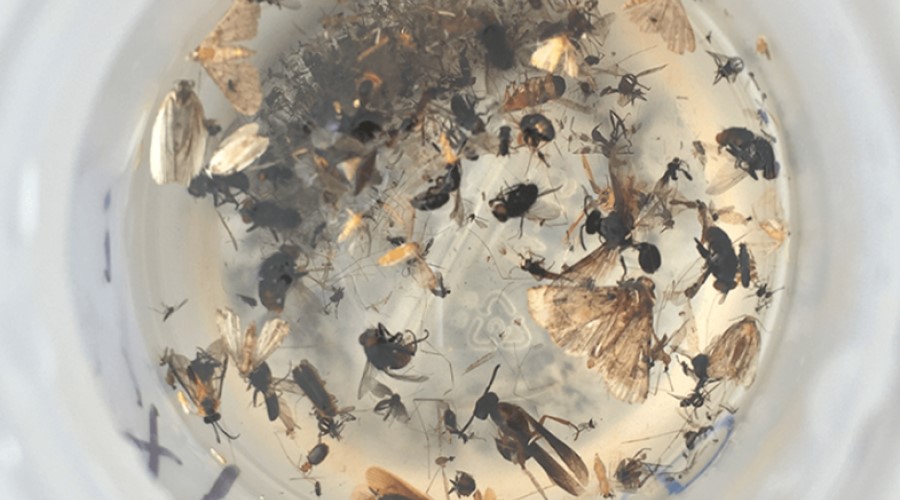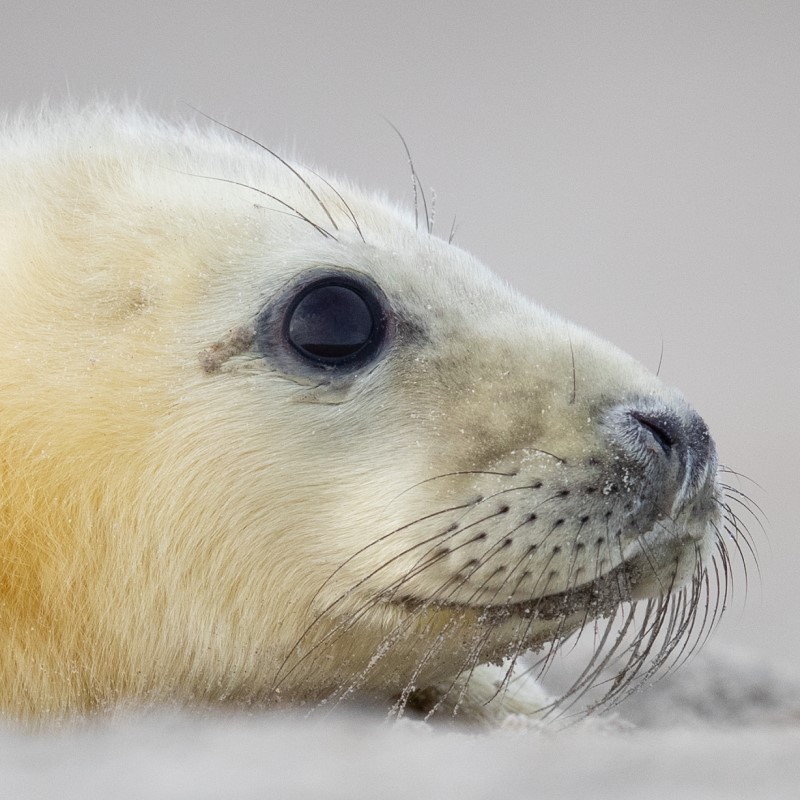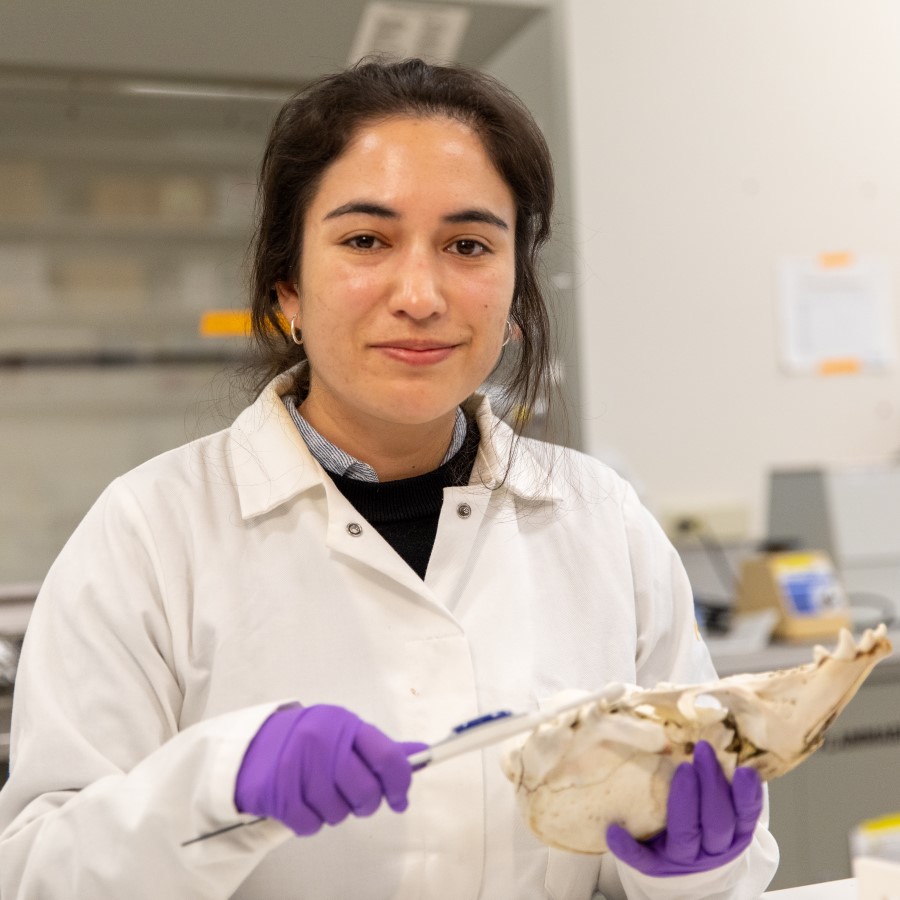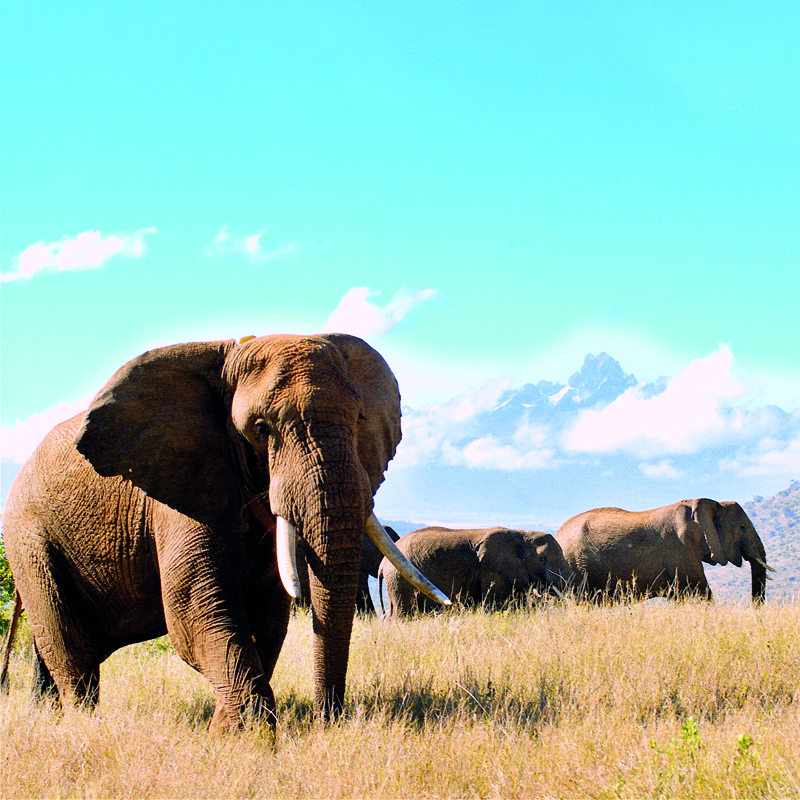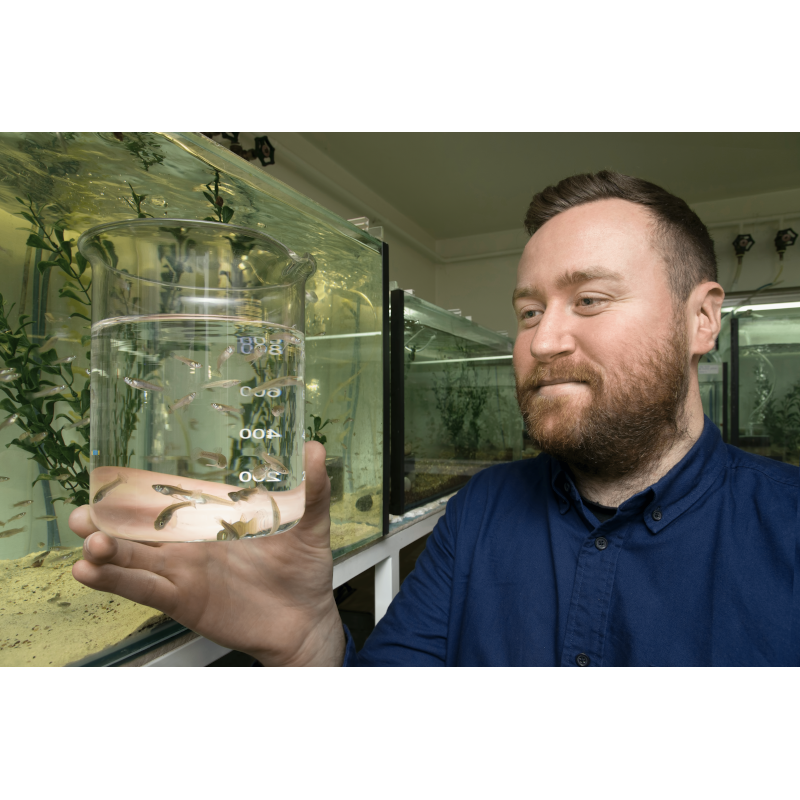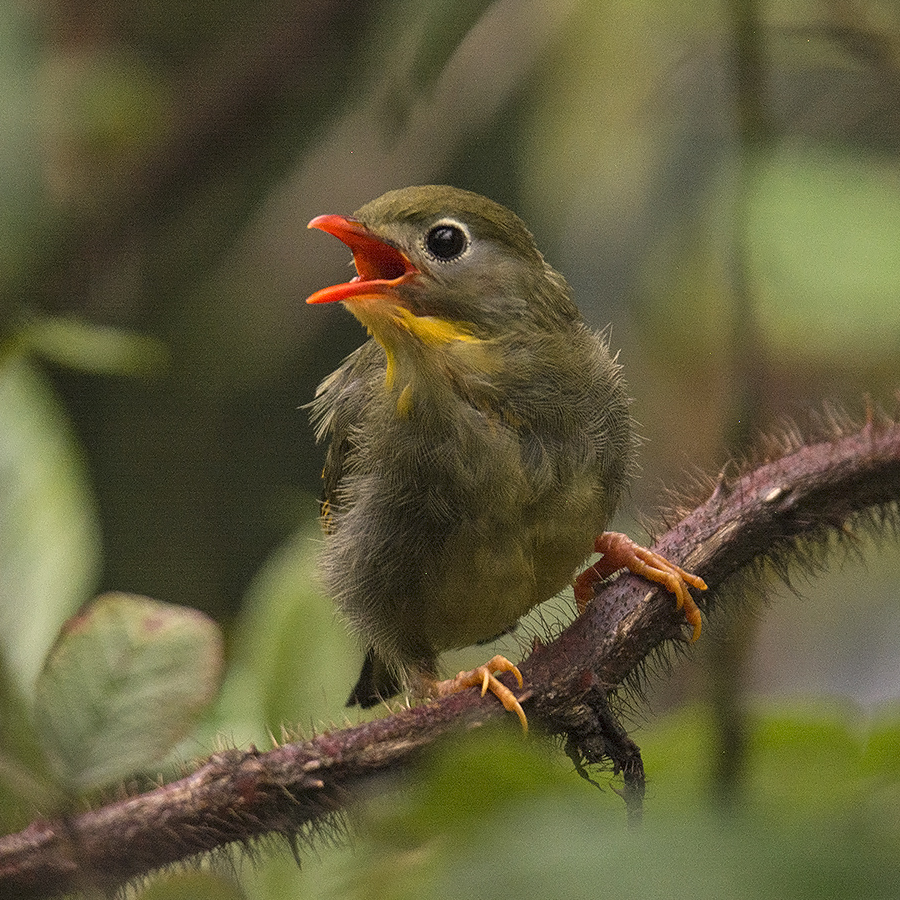Ecology and evolution
The Royal Society journals Proceedings B, Biology Letters, Philosophical Transactions B and Royal Society Open Science publish research articles, Reviews, Biological Science Practices, and theme issues in all areas of ecology and evolution.
Seminars
Our ecology and evolution seminar series features research published in Royal Society journals. Each talk is associated with a recent paper or theme issue, selected by the journal's editors as being particularly innovative or having had significant recent impact. Subscribe to the series for updates.
Recent highlights
A sample of our recent seminars can be found below – check out the full seminar series to see these and more.
The 1986 incident at the Chernobyl nuclear power plant in Ukraine led to the largest release of radioactive material to the environment ever recorded. Considering the impact of ionising radiation on DNA and other cellular molecules, much debate surrounds whether radiation levels in the region continue to impact the longevity of local wildlife. In this seminar, hear authors Dr Germán Orizaola and Dr Pablo Burraco discuss their study on the aging and stress hormones in the Eastern tree frog.
Climate geroscience: the intersection between climate science and the biology of aging. Why should we, and how can we, facilitate this cross-disciplinary collaboration for the future health of us and the planet? In this seminar, hear Professor Colin Farrelly discuss this, with reference to the “wisdom oriented” science movement, resulting in a thought-provoking piece.
Spending time underwater poses challenges for land-based animals, not least how to breathe. Although many invertebrates are known to take bubbles of air with them underwater for respiration, until recently there has been no evidence that vertebrates do similar. In this seminar, Dr Lindsey Swierk discusses her study of the semi-aquatic Anolis lizard, and its use of bubble breathing to stay underwater for longer.
Latest research
Looking for exciting work in ecology and evolution? Discover top research published by us in recent years.
Philosophical Transactions B theme issues
- The evolution of plant metabolism
- The spatial–social interface: a theoretical and empirical integration
- Connected interactions: enriching food web research by spatial and social interactions
- Diversity-dependence of dispersal: interspecific interactions determine spatial dynamics
- Towards a toolkit for global insect biodiversity monitoring
Article collections
Take a look at the special collections featured below or browse all ecology and evolution articles published across the Royal Society journals.











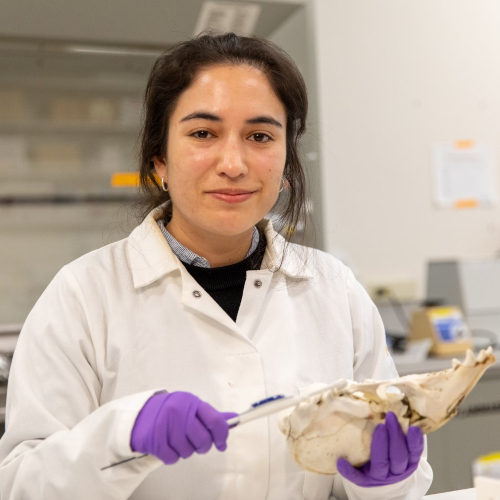
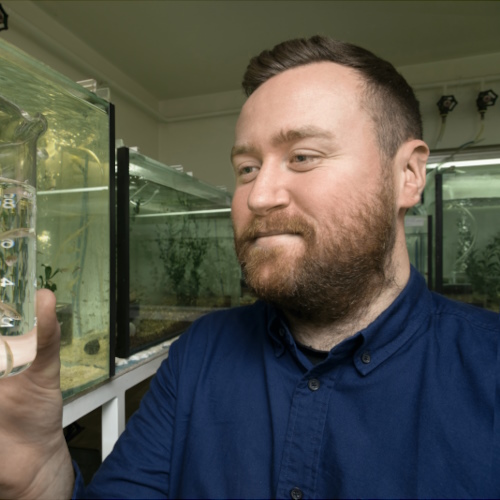

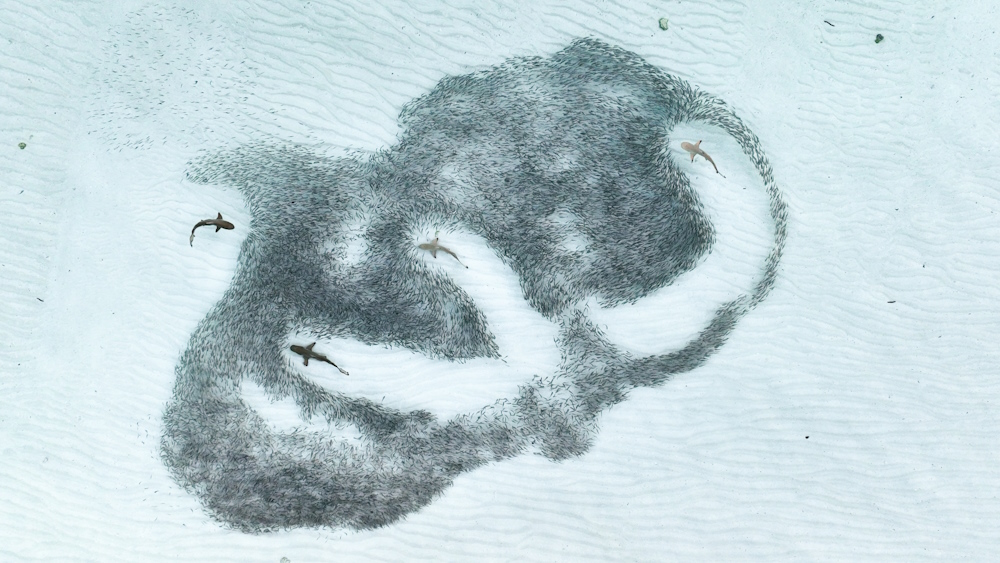
.jpg)

